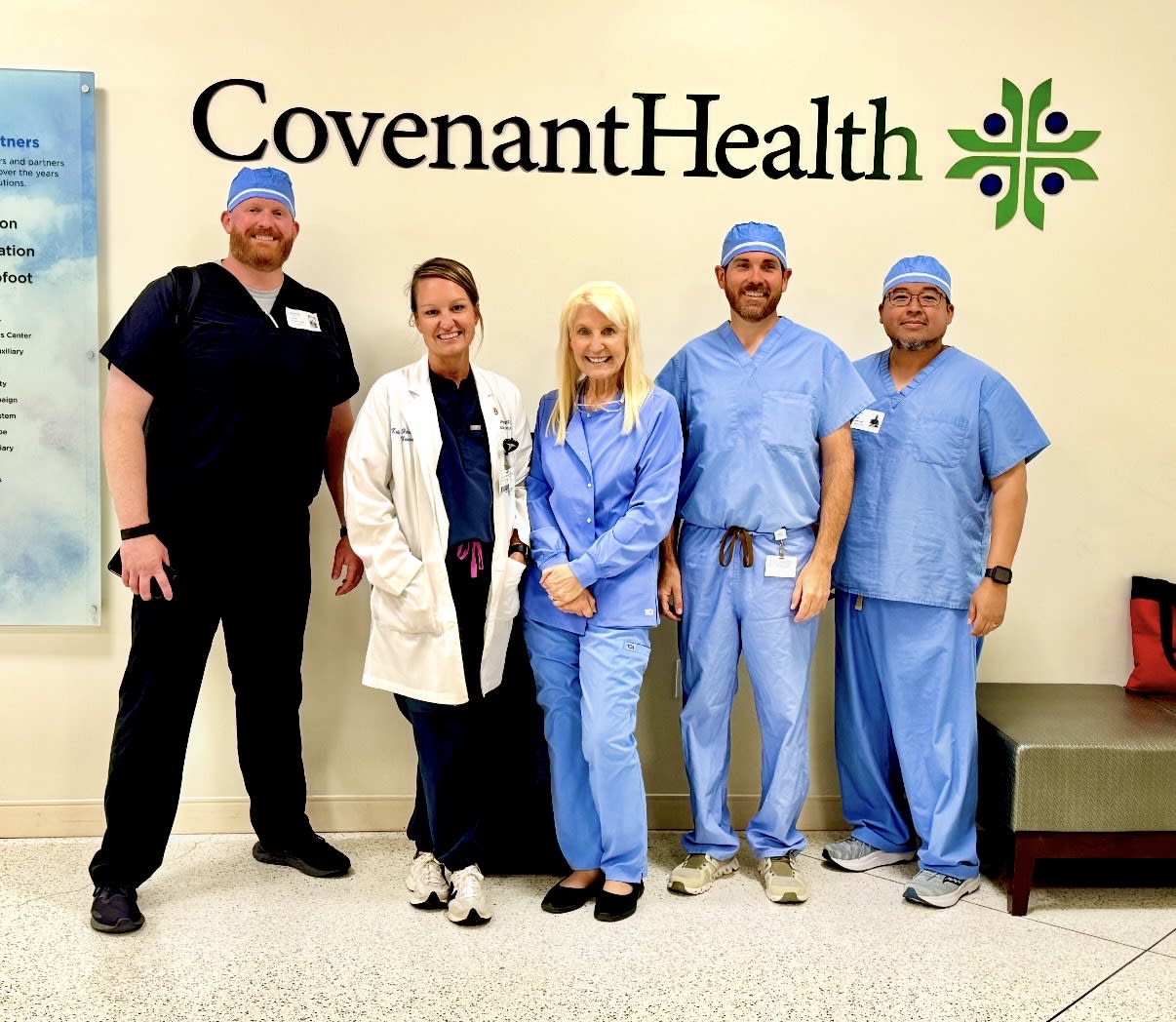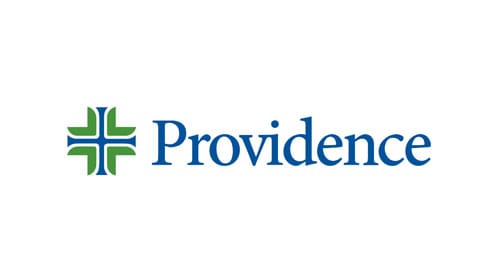Call 833-512-2551 or complete the form to request an appointment online.
Providence Montana Spine & Pain Center
Constant pain can drain you mentally, emotionally and physically – and take away your joy in life. At Providence Montana Spine & Pain Center, we provide compassionate care for your body, mind and spirit to help you reclaim that joy.
Providence Montana Spine & Pain Center
Constant pain can drain you mentally, emotionally and physically – and take away your joy in life. At Providence Montana Spine & Pain Center, we provide compassionate care for your body, mind and spirit to help you reclaim that joy.
About Spine and Pain Treatments
We treat both acute and chronic pain occurring in the back and neck. Depending on your condition, possible treatments include comprehensive care, injections, pain management and prescription medications.
Through our state-of-the-art neurobehavioral rehabilitation program, we work to reduce the role of pain medication in treatment. As an alternative to medication, we focus on behavioral changes, lifestyle modifications and pain-related coping skills to help you live pain-free again.
Benefits
Through treatment at Providence Montana Spine & Pain Center, you learn to take charge of your pain and your life – so it’s not in charge of you. By learning new strategies for coping with pain, you may feel less pain for the first time in years. With less pain, patients can often return to favorite activities and spend more time with family and friends.
Meet the Team
At Providence, you'll have access to a vast network of dedicated and compassionate providers who offer personalized care by focusing on treatment, prevention and health education.
Why Choose Us for Your Spine and Pain Care?
Back pain can affect every part of your life. Our neuroscience specialists treat your bone, joint and muscle conditions so you feel like yourself again. Here’s why so many patients choose Montana Spine & Pain Center each year to help them manage their pain:
Frequently Asked Questions
You will have to ask this question of any potential new primary care provider. You should be aware that many primary care providers throughout our community have chosen not to treat persistent pain as a part of their primary care practice. Many of these providers would be happy to work with you to manage other health issues, but rather than managing your persistent pain, they will insist on referring you to a pain specialty clinic such as the Montana Spine & Pain Center for management of your persistent pain. When you make your initial call to a new primary care provider’s office, it may be helpful to let the office staff know if you do not necessarily expect the new primary care provider to treat your persistent pain or prescribe pain medication, and that you would be happy to accept a referral to a pain specialty clinic. They will also need to know if you have other health issues, such as high blood pressure, diabetes and high cholesterol, which you’ll need a primary care provider to manage.
First, we need to clarify what we mean by “pain medications.” Patients often think the only pain medications are opioid or narcotic medications such as methadone, morphine or oxycodone. In fact, these types of medications are no longer typically used for treating persistent pain. Instead, anti-depressant and antiseizure medications such as Cymbalta or Neurontin are now the more commonly prescribed types of “pain medication.” The providers at the Montana Spine & Pain Center most likely will not prescribe opioid/narcotic medications but may consider prescribing anti-depressant and/or antiseizure medications with pain-relieving properties.
Accumulated scientific research over the past couple of decades has failed to demonstrate any long-term benefit from long-term opioid/narcotic treatment for persistent pain in terms of reduced pain, improved function or improved quality of life, and it has become abundantly clear that there are multiple risks associated with long-term use of opioid/narcotic medications. Given this background, the providers at the Montana Spine & Pain Center have decided that in most cases, the risks associated with the prescription of opioid/narcotic medications outweigh the benefits. Since this is the case, if you are currently taking opioid/narcotic pain medications, our providers will most likely recommend that you taper off those medications.
The best way to avoid serious withdrawal symptoms is to reduce the amount of medication you are taking, or decrease how often you are taking it before you run out. Consider talking with your primary care provider or your pharmacist about tapering your medication. Reducing the amount by 25 percent per day may result in some withdrawal symptoms, but it is better than having to stop the medication completely when you run out. If you have enough medication, taper off more slowly, such as 10–20 percent every one to seven days.
Do not break open extended-release tablets or tamper with fentanyl patches, as that can release the entire dose, causing overdose and possible death. Take the entire extended-release dose or use the entire patch less often. Please consult a pharmacist if you have any questions about your medication.
Withdrawal can be painful, but it is not fatal. Symptoms include abdominal cramps, anxiety, sweating, diarrhea, nausea, vomiting, goose bumps, high blood pressure, insomnia, tearing, runny nose, muscle twitches, fast heartbeat, fast breathing and increased pain. Drink a lot of fluids, try to stay calm and keep reassuring yourself that the withdrawal reaction will pass; you will eventually feel better.
Understanding Pain
Chronic pain can affect every aspect of your life. In the first video of our Understanding Pain program, learn more about the neuroscience behind pain – and the brain’s ability to adapt.

Tips for Managing Back or Neck Pain
Neck and back pain can keep you from doing what you love. Learn how to manage your pain, and what treatment options are available.
Supporting Our Patients
We offer key support to help you and your loved ones through your treatment journey as comfortably as possible. Services include:
- Chaplain services
- Counseling
- Financial counseling
- Interpreter services
- Nutrition services
- Pain management services
- Palliative care
- Pharmacy services
- Social work services
- Understanding Pain program
Contact Us
Expert Tips and Advice





